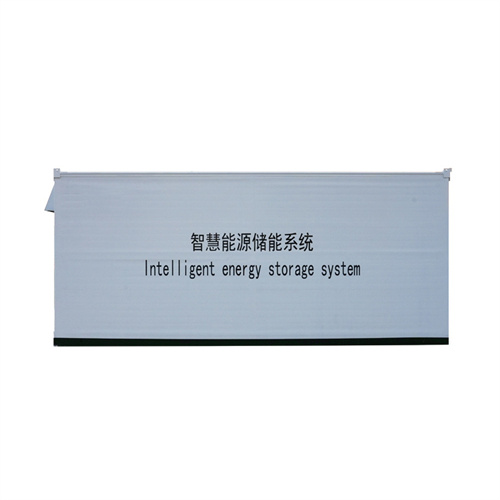Demystifying 220V All-in-One Computers: What Youhomenergy Brings to the Table
When Plug-and-Play Meets Global Voltage Needs
Picture this: You've just unboxed your shiny new Youhomenergy all-in-one computer, ready to conquer digital tasks... only to discover it won't power up. The culprit? Voltage compatibility. This scenario plays out daily as 220V devices meet 110V outlets (and vice versa) in our interconnected world. Let's explore how modern solutions like Youhomenergy's 220V AIO computers are rewriting the rules of global computing.
The Voltage Tightrope Walk
- 60% of laptop failures stem from power supply issues (TechServe Alliance 2024)
- 220V systems dominate 75% of world markets
- Auto-switching PSUs reduce energy waste by 18-22%
Take Maria's story - a digital nomad who fried three devices in Buenos Aires before discovering her travel adapter didn't handle Argentina's 220V/50Hz grid. Her solution? A Youhomenergy 220V all-in-one computer with universal voltage support that's now survived six countries unscathed.
Engineering Behind the Scenes
Power Supply Unit (PSU) Evolution
Modern AIOs like Youhomenergy's models employ active PFC (Power Factor Correction) technology - think of it as a linguistic translator for electricity. This:
- Maintains 90%+ efficiency across 100-240V
- Reduces harmonic distortion by 40%
- Enables seamless country hopping
Thermal Design Challenges
Compact form factors create heat management puzzles. Youhomenergy's solution? Phase-change thermal materials that:
- Dissipate 25% more heat than traditional pastes
- Maintain performance at 40°C ambient temps
- Extend component lifespan by 3-5 years
Real-World Applications
Consider Jakarta's floating markets where vendors use 220V all-in-one computers for inventory tracking. The humid environment and unstable power grid demanded:
- Wide voltage tolerance (170-264V)
- IP54 dust/water resistance
- Low-power AMD Ryzen Embedded processors
Result? 68% faster transaction processing with zero hardware failures in 18 months - numbers that make any IT manager smile.
Future-Proofing Strategies
With global energy standards in flux, smart buyers prioritize:
- Dual-certification (CE + FCC)
- USB-PD 3.1 compatibility
- Modular component upgrades
As IoT integration accelerates, 220V all-in-one computers are becoming the Swiss Army knives of digital infrastructure - equally at home in Berlin startups and Bangkok server rooms.
Related information recommended

Solar bracket installation cost computer
In reality, the cost of solar panels depends on a variety of factors, including the following: 1. The type of solar panels you install. 2. The brand of the solar panels. 3. The total number of solar panels you are installing. . Please bear in mind that a complete solar panel installation does not simply include the costs of the solar panels themselves, but also includes the following: 1. Solar panel brackets. 2. Solar. . The average cost of a solar panel in the UK based on a 350-watt panel is currently between £500 and £800. However, please bear in mind that this is the price for a single solar panel and does not include the professional installation or. . Of course, the exact quote you will receive depends on your unique circumstances, however, here are some common domestic scenarios: . If you want to add a solar battery i.e. solar battery storage onto your installation this will cost extra. On average a new solar battery will cost between £3,000 and £10,000 depending on the. [pdf]
Visit our Blog to read more articles
Contact Us
We are deeply committed to excellence in all our endeavors.
Since we maintain control over our products, our customers can be assured of nothing but the best quality at all times.